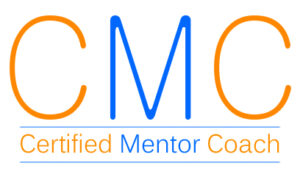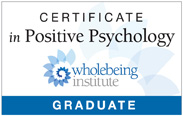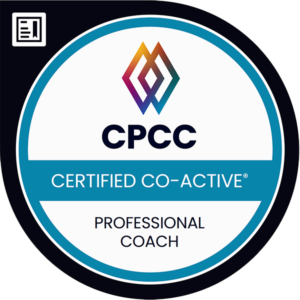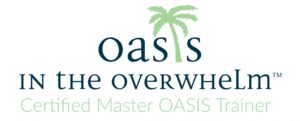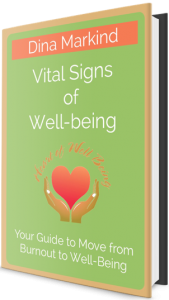Are you so busy that sometimes you feel like an automaton or perhaps even a zombie? Constantly doing can interfere with being aware of what it is you are doing and what is going on. The third component of self-compassion engages your awareness so you can take a balanced approach as you experience and observe your life and the painful experiences and falling short of your ideals that happen. With self-compassionate mindfulness your feelings are neither suppressed nor exaggerated. You look at your situation within a bigger perspective and with more objectivity.
In healthcare, you are confronted with illness and traumas that reveal your human fragility. Day in and day out, you face challenges to health and safety and life as the person knew it prior to hospitalization. While there are moments of inspiration and humor there are many moments of vulnerability. It is disturbing when you see young people with life altering or life threatening conditions. The seriousness of the situations are compounded when you are aware of the potential for errors as well as the minimal impact you may have.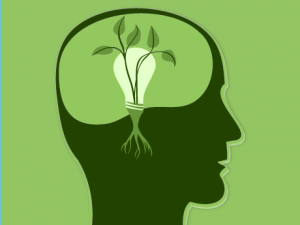
Mindfulness places emphasis on staying present in the current moment, being aware and alert in a non-judgmental way so that you can acknowledge this present moment as it is. Using self-compassionate mindfulness you can be more fully accepting of yourself. By bringing compassionate curiosity to the situation, you can question your thoughts in the moment.
Several questions to engage self-compassionate mindfulness and expand your perspective.
- What is some evidence that you are not what your negative thoughts are saying? There is a tendency for people to believe their thoughts. Well, thoughts are not always true or true for this moment.
- What are the demands on you right now? Look at this very moment, not what needs to be done by tomorrow or next week.
- What is a potential future benefit of this challenging situation?
- What can you learn from the situation?
- In the big picture what is the impact of these painful experiences and falling short of your ideals? How does this experience impact your week, your job, and your life? What are the implications of this disappointing situation and your own behavior?
- What would be a better way to look at the situation? Choose how you’d like to think about it in the future.
What do you do or ask yourself that allows you to experience self-compassionate mindfulness?
In life and especially working in healthcare there are many challenges and intense moments. Emotions ebb and flow. Allowing yourself to experience and acknowledge emotions and the challenging situations associated with them, without exaggeration, helps the flow of emotions. From your observations you can glean information to improve your future. The benefits of self-compassionate mindfulness are in the present moment and go forward into the future.
To explore how you can regain energy and passion, contact me.
Dina
Improving well-being for healthcare professionals through coaching.
If you like this post, please share. If you’re not yet on my list, please sign up at HeartofWellBeing.com to receive articles regularly.

